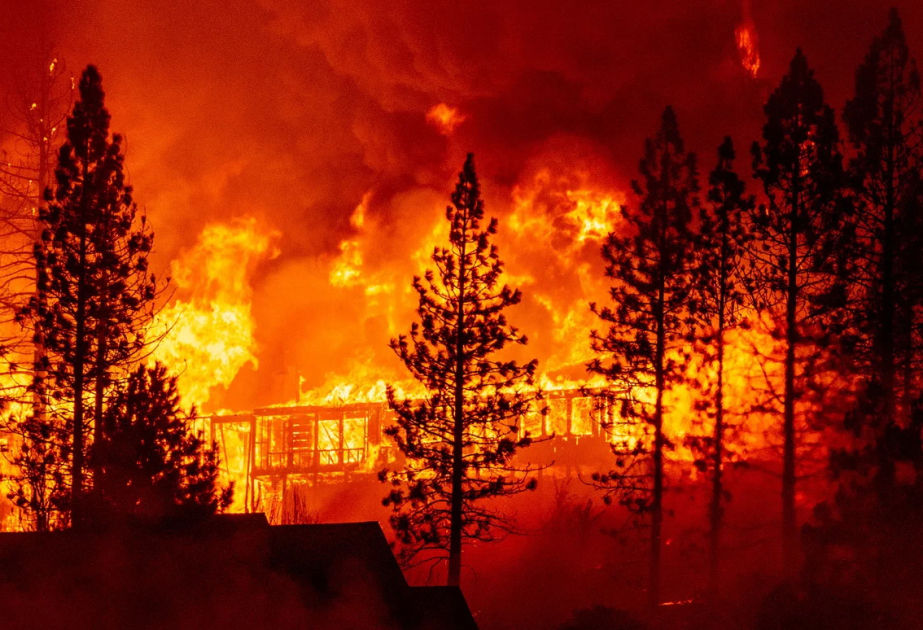An international research team led by Chinese scientists has revealed that extreme fires amplify post-fire land surface warming, offering new perspectives for a comprehensive understanding of the impacts of forest fires on ecosystem and climate change.
According to Xinhua, the research was published in the journal Nature on Wednesday.
Climate warming has led to a trend of frequent, widespread and intense extreme forest-fire events, but the impact of increasingly large forest fires on surface climate has been underestimated, said Yue Chao with Northwest A&F University, leader of the research team.
"We used satellite observations to show that, in northern temperate and boreal forests, fire size persistently amplified decade-long post-fire land surface warming in summer per unit burned area," Yue said.
According to the study, surface warming caused by extreme fires affects the ability of post-fire forests to regenerate and their species composition, and reinforces the degradation of permafrost and accelerates the release of organic carbon from permafrost. This means that extreme fires are likely to exacerbate global warming, which in turn will lead to more extreme fires, thus creating a vicious cycle.
The study found that surface warming decreases with the increase of broad-leaved trees, so appropriately increasing the proportion of broad-leaved trees could mitigate the climate risk caused by fires.
The results suggest the urgency of scientific understanding of the ecological and climatic impacts of extreme fires, and the prevention and control of climate risks of extreme fires, promising to improve the ability of predicting future climate change and responding to extreme fires, Yue said.


















